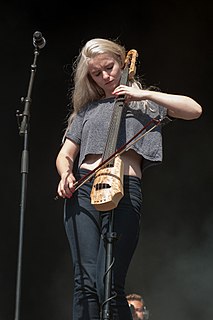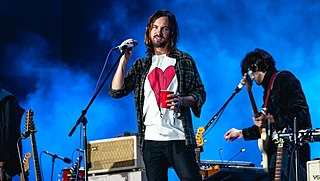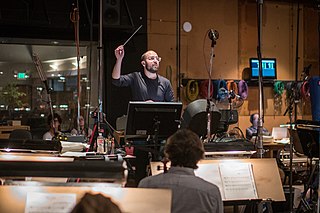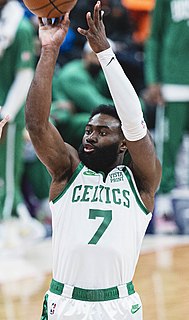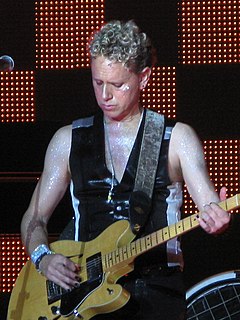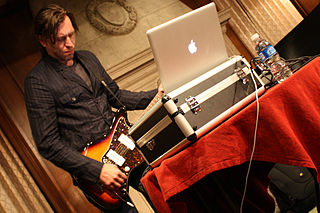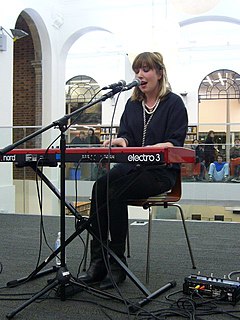A Quote by Grace Chatto
We wanted to be like Radiohead. When they started experimenting with electronic music, it gave us the idea that it might be a cool idea to do.
Quote Topics
Related Quotes
I love artists making cool music, regardless of the style.So, if a country artist making really cool music came along and asked me to work with them, I just might say yes, even though I'm not super-knowledgeable about country, like I am about hip-hop. I might do that because the idea is so interesting.
I wanted to reexamine the idea of the album for generations of people who are not my age, who love music or learning about music or are finding this band called R.E.M. or have just previously heard "Losing My Religion" and "Everybody Hurts" as their elevator music. I wanted to present an idea of what an album could be in the age of YouTube and the Internet.
I started playing guitar at the age of 8 or 9 years. Very early, and I was like already into pop music and was just trying to copy what I heard on the radio. And at a very early age I started experimenting with old tape recorders from my parents. I was 11 or 12 at that time and then when I was like 14 or 15 I had a punk band. I made all the classic rock musician's evolutions and then in the early nineties I bought my first sampler and that is how I got into electronic music, because I was able to produce it on my own. That was quite a relief.
Touring was an abstract idea for me in the beginning. I didn't know where it was going to take me, but I knew that I wanted to go and play for lots of people. I always had that image in my mind. I had no idea what the touring experience was like, and how it was going to unfold, but I knew that I wanted to tour. Then it just started happening slowly started happening.
When I was growing up, until I was 18 or 19, I was totally invested in the classical music world. I had no concept of anything else. The closest thing to a cool band I listened to was Radiohead. Radiohead were the only band I liked in high school. I was just obsessed with classical music, opera, Claude Debussy, and that kind of stuff.
In some ways it's hard to see electronic music as a genre because the word "electronic" just refers to how it's made. Hip-hop is electronic music. Most reggae is electronic. Pop is electronic. House music, techno, all these sorts of ostensibly disparate genres are sort of being created with the same equipment.
